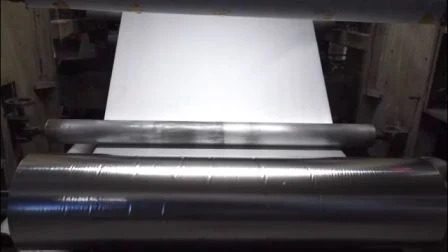
4 Oz Plain Weave 2116 Fiberglass Fabric
Basic Info.
| Color | White or Customized |
| Weight | 100-1600g |
| Width | 1.02m, 1.52m, 2.02m or Customized |
| After-Sales Service | Custom Logo and Packaging |
| Roll Length | 50m, 150m, 200m, or Customized Wid |
| Advantage | Flame Retardant, Heat Insulation |
| Thickness | 0.1mm-3mm |
| Temperature Resistance | 550 |
| Product Name | Fiberglass Cloth, Glass Fiber Cloth |
| Material | 100% Fiberglass |
| Transport Package | Carton or Pallet |
| Specification | custom |
| Trademark | Lairong |
| Origin | China |
| Production Capacity | 12000 Square Meters/Day |
Product Description
Product Description


Application
Product description of fiberglass cloth:
Glass fiber cloth is a kind of untwisted roving plain weave fabric made of high-quality glass raw materials through a series of high-temperature melting, drawing and winding, weaving, and other processes. The main strength depends on the warp and weft direction of the fabric. If the warp or weft strength is high, it can be woven into a unidirectional cloth. The basic material of glass fiber cloth is alkali-free glass fiber yarn, and its production process is generally made of reinforced lubricant. Glass fiber cloth has the advantages of good insulation performance and high-temperature resistance, so it can be used as an insulating binding material for motors and electrical appliances. It can make the motor obtain superior insulation performance, prolong the service life of the motor, reduce the volume and reduce the weight.
Glass fiber cloth is a kind of inorganic non-metallic material with very good performance, which has the advantages of good insulation, strong heat resistance, good corrosion resistance, and high mechanical strength. The appearance of glass fiber cloth is smooth and beautiful, the weaving density is uniform and soft, and it has good adherence even to uneven surfaces.
Expanded glass fiber cloth is woven from expanded glass fiber yarn, which has good insulation performance and lightweight. Different insulating properties can be achieved by changing the structure and processing of the cloth and are commonly used in removable insulating covers, fire blankets, curtains, expansion joint heads, and smoke exhaust ducts. It can be processed into expanded glass fiber cloth covered with aluminum foil.
Non-bulk fiberglass cloth is woven with continuous glass fiber yarn, which has the characteristics of a soft and delicate cloth surface.

Packaging & Shipping






